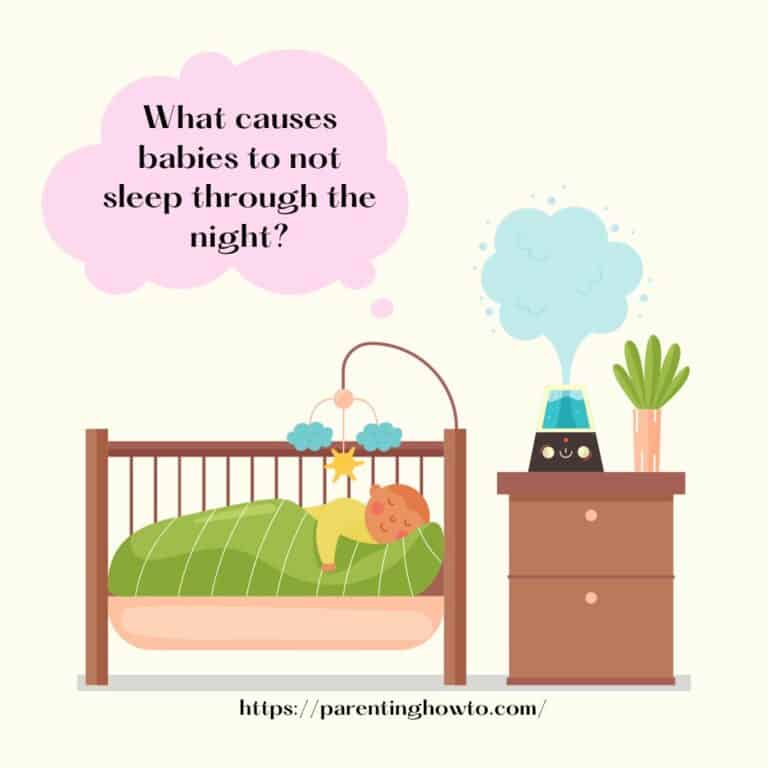Melatonin is a hormone produced by the body that helps the brain regulate sleep patterns. Melatonin is also a natural antidepressant. If you’re interested in knowing when your baby starts producing melatonin, then you’re in luck. This article will answer the question when do babies start producing melatonin.
Table of Contents
Melatonin, a hormone secreted by the pineal gland, acts as a neurotransmitter. It has been known for many years that melatonin plays a role in regulating the sleep cycle, mood, and immune system. Melatonin production starts at birth and continues throughout the first two years of life. It is believed to be involved in the sleep patterns that develop after infancy. It may also play a role in maintaining the body’s circadian rhythm.
Studies have shown that infants who sleep less than 11 hours a day have significantly lower levels of melatonin in their blood than those who sleep longer.
The levels of melatonin in the blood start to rise about 3 hours before bedtime. At bedtime, there is a sharp drop in melatonin levels, which reaches its lowest point about 2 hours after bedtime. These findings suggest that melatonin levels are high when children are awake and low when they sleep.
When do babies Start Producing Melatonin ?
By the time they are three months old, babies begin producing the hormone melatonin, which helps them maintain a more regular sleep cycle.
Melatonin Levels During Infancy
The average baby has no difficulty falling asleep until he or she is about 2-4 months old. Melatonin levels begin to rise shortly before bedtime around 4-5 weeks after birth. At about 4 months of age, the levels peak. The melatonin levels then decrease as the infant grows older. By 10-12 months of age, the melatonin levels are very low.
At 12-24 months, the melatonin levels begin to rise. They reach their peak at 24-36 months of age and then begin to decline gradually until they reach the low levels seen in adults.
Melatonin Levels During Childhood
Between ages 2 and 8, the levels of melatonin are significantly higher during the day than at night. This pattern remains consistent between 2 and 5 years of age. Melatonin levels begin to drop off after about the age of 6. By 8 years of age, melatonin levels are close to adult levels.
Sleep Disturbances and Low Melatonin Levels
There is considerable research showing that melatonin levels are higher among children who have trouble sleeping. In addition, melatonin levels are lower among infants who have sleep disorders such as obstructive sleep apnea (OSA). Studies have also found that melatonin levels are higher among children who have sleep disturbances.
In one study, researchers examined the relationship between melatonin levels and sleep problems among children aged 2 to 7 years. They found that children who experienced sleep disturbances had low levels of melatonin. The study also showed that melatonin levels were higher among those with sleep-related breathing disorders.
In another study, researchers evaluated the relationship between melatonin levels and sleep in children aged 6-7 years. The study found that melatonin levels were significantly lower among children who had sleep problems.
Conclusions
While melatonin levels appear to remain steady throughout childhood, there are significant variations in the timing of peak levels. This suggests that there may be individual differences in how children metabolize melatonin.
Children who experience difficulty sleeping may benefit from supplements that include melatonin. If your child experiences sleep difficulties, you can consider taking a supplement. Talk to your pediatrician if you want to consider using a supplement.
If you are looking for the answer to other how-to questions, please visit our website for more how-to-related content.



